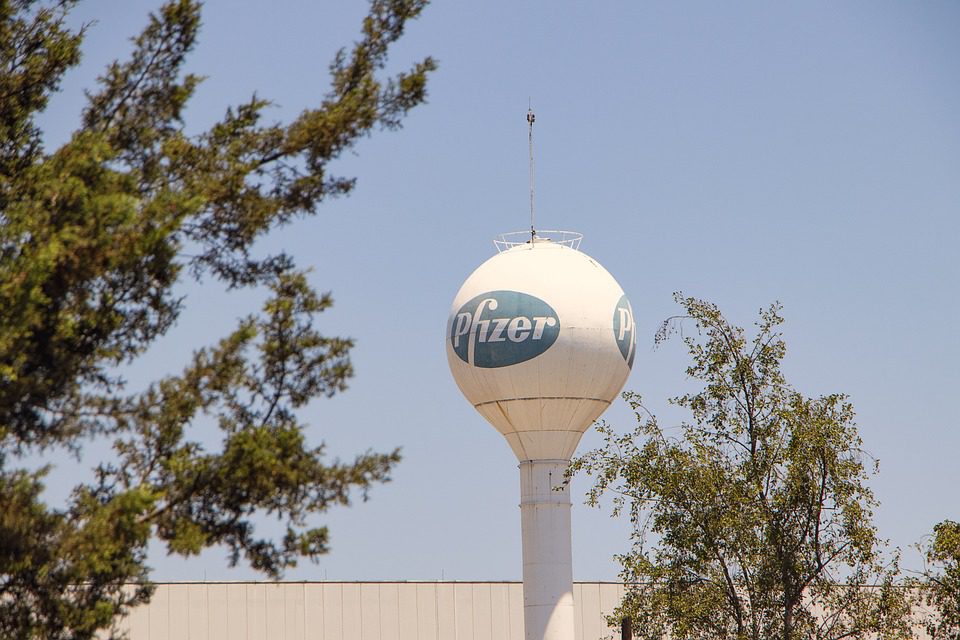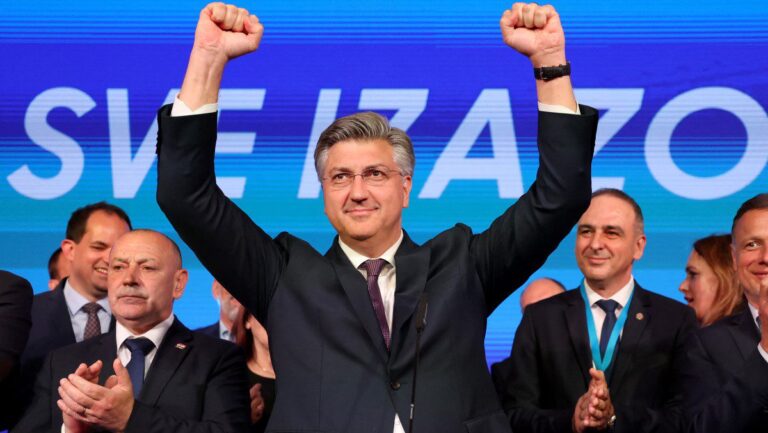The scandal surrounding Pfizer’s contracts with the European Union over COVID vaccines has taken a new turn. The European Parliament’s COVID committee (COVI) approved on Wednesday, January 11th a proposal to ban Pfizer representatives from Parliament because of the company’s repeated lack of transparency.
All political groups approved the proposal, with the exception of the EPP and Renew Europe, but their opposition was not enough to prevent the vote. The procedure has a precedent: in 2017, the agrochemical company Monsanto was also denied access to the European Parliament by the Environment Committee (ENVI) because it had refused to comply with the rule of public hearings.
For several months, many MEPs have been trying to obtain clarification on the conditions under which the European Union concluded contracts for the purchase of COVID vaccines in vain. At issue is the lack of transparency regarding the exact content of the contracts and the repeated exchanges of text messages between Pfizer CEO Albert Bourla and European Commission President Ursula von der Leyen.
Albert Bourla systematically refused to attend COVI committee meetings in October 2022 and December 2022, triggering protests from committee members. “The EP has a right to full transparency on the details of this spending and the preliminary negotiations that led to it,” tweeted Kathleen Van Brempt, chair of the COVI committee in December.
As Committee Chair, I deeply regret Dr. Bourla’s refusal. The EU has spent a lot of public resources on vaccine production & purchase. The EP has the right to obtain full transparency on the modalities of these expenditures and the preliminary negotiations leading up to them.
— Kathleen Van Brempt (@kvanbrempt) December 5, 2022
It was international markets chair Janine Small who finally confronted the parliamentarians of the COVI committee. She assured the MEPs that the contracts were freely available to them—failing to point out that many passages had been deliberately redacted and made illegible. MEPs also had difficulty accessing the text messages exchanged between Ursula von der Leyen and Pfizer during the contract negotiation phase. Janine Small said that nothing had been negotiated by SMS, and that the messages in question were simply due to the teleworking phase caused by the pandemic. These explanations did not satisfy the parliamentarians in charge of the case, who pointed to Pfizer’s clear refusal to collaborate. “I think Albert Bourla deliberately did not come, because he did not want to face the controversies,” French MEP and COVI member Véronique Trillet-Lenoir told Euractiv.
Following the COVI committee vote, a new vote must take place in the CCC (Conference of Committee Chairs), which brings together all committee chairs. Several options are on the table: the duration of the exclusion, whether the sanction will apply only to Bourla or to all Pfizer representatives, or whether it is upheld at all. The final decision should not be taken for another month.





